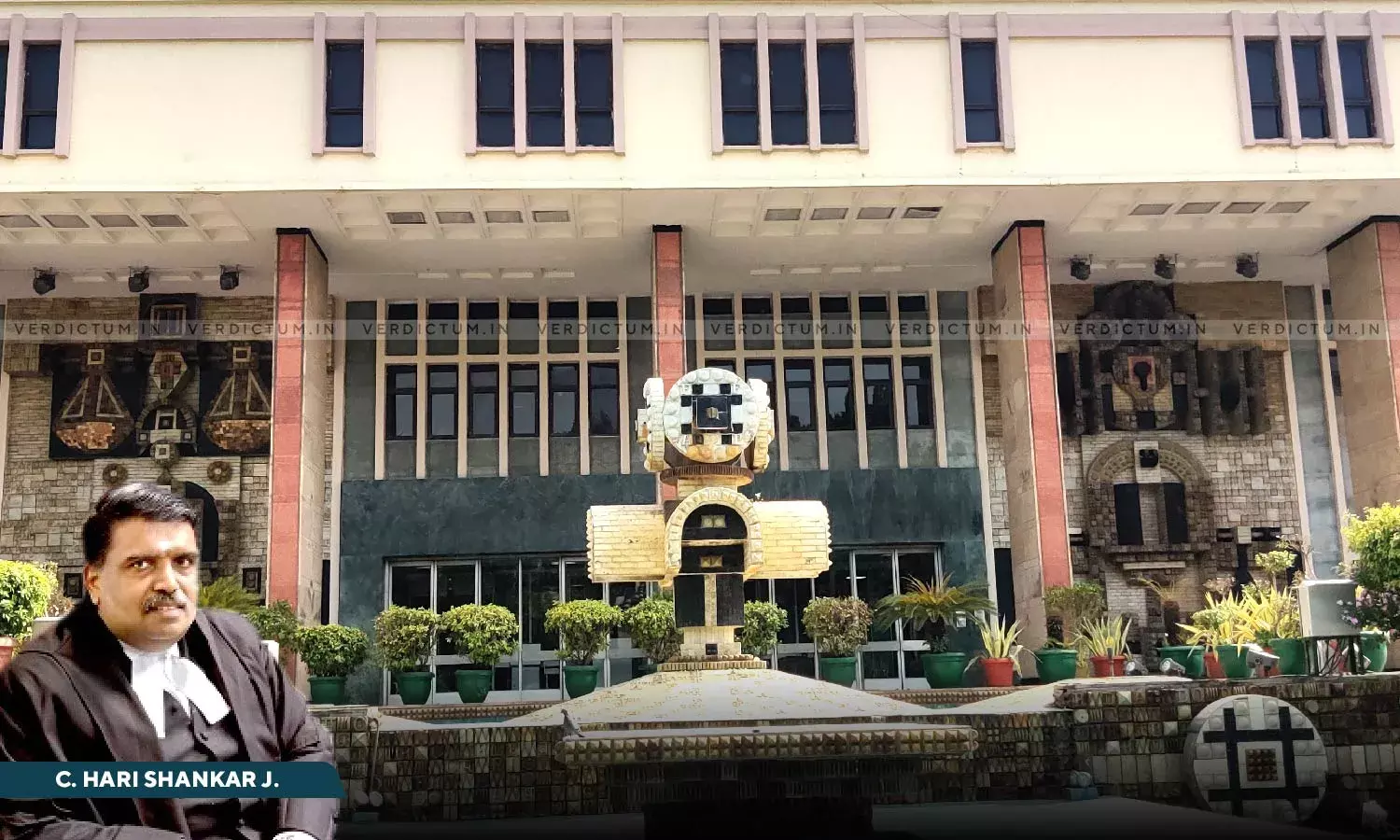"Too Facile To Pass Legal Muster, Unsupported By Corroborative Documentary Evidence"- Delhi HC Rejects Defense That Trademark Was Inspired By Hindu Gods

A Delhi High Court Bench of Justice C Hari Shankar has rejected the defense that the use of trademark was inspired by Hindu Gods - Brahma, Vishnu and Mahesh. The defense had been placed by an Indian entity accused of infringing the trademark of a German company.
In that context, it was said that, "The 'Vishnu Brahma Mahesh' explanation is too facile to pass legal muster, besides being unsupported by any corroborative documentary evidence".
In furtherance, it was observed that, "To my mind, it is clear that the defendant has, all along, been actuated by any intent of creating confusion, in the minds of the purchasing public, between the products manufactured by the plaintiff and other products which were also being sold by it under the “VBM” umbrella,".
Senior Advocate Chander M Lall appeared for the plaintiff, while Counsel Bitika Sharma, among others, appeared for the defendant.
In this case, the Court was addressing a trademark infringement lawsuit initiated by a German medical equipment manufacturer named VBM Medizintechnik GMBH. The lawsuit was directed against Geetan Luthra, the owner of VBM India Co (VBMIC).
The German company alleged that Luthra had infringed on their trademark by using the mark 'VBM,' which they contended stood for "Mr. Volker Bertram Medical." On the other hand, the defendants maintained that 'VBM' represented "Vishnu, Brahma, and Mahesh."
The High Court did not accept the "somewhat ingenious" explanation for the acronym "VMB", and said that the defendant might have perchance exposed himself to divine retribution for having invoked the holy Trinity for unholy ends.
Subsequently, the Court observed that the registration of the VMB mark obtained by the defendant was lacking in good faith, and could not be granted the benefit of Section 33 of the Trade Marks Act.
Further, it was observed that all the elements of passing off coalesced in the case.
In light of the same, the Court took the considered view that it was prima facie convinced that by adoption of “VBM” as part of its corporate as well as intellectual identity, the defendant was seeking to pass off the products, in which it dealt, as the products of the plaintiff, even where they were not actually manufactured by it.
To that extent, it was said that, "In the present case, the defendant has not only adopted a trade name and a mark which were identical to those of the plaintiff, but also chose, under the said mark, to market goods which were not manufactured by the plaintiff by affixing, on the goods, a deceptively similar mark, so as to confuse consumers into believing the goods to be those of the plaintiff. It is no answer for the defendant to contend that it was not selling, under its registered “VBM” logo, any goods which overlapped with the plaintiff’s products. In either case, the defendant was dealing in medical equipment. The screenshot provided in para 5.10 supra is telling. Clearly, the intent of the defendant was, under the umbrella of the plaintiff’s mark, to deal not only in goods of the plaintiff but also in the goods of other manufacturers, affixing, on such latter goods, the deceptively similar mark of the defendant."
In light of the same, the Court was of the view that the grant of interlocutory injunction as sought by the plaintiff was warranted.
Cause Title: VBM Medizintechnik GMBH v. Geetan Luthra
Click here to read/download the Judgment

